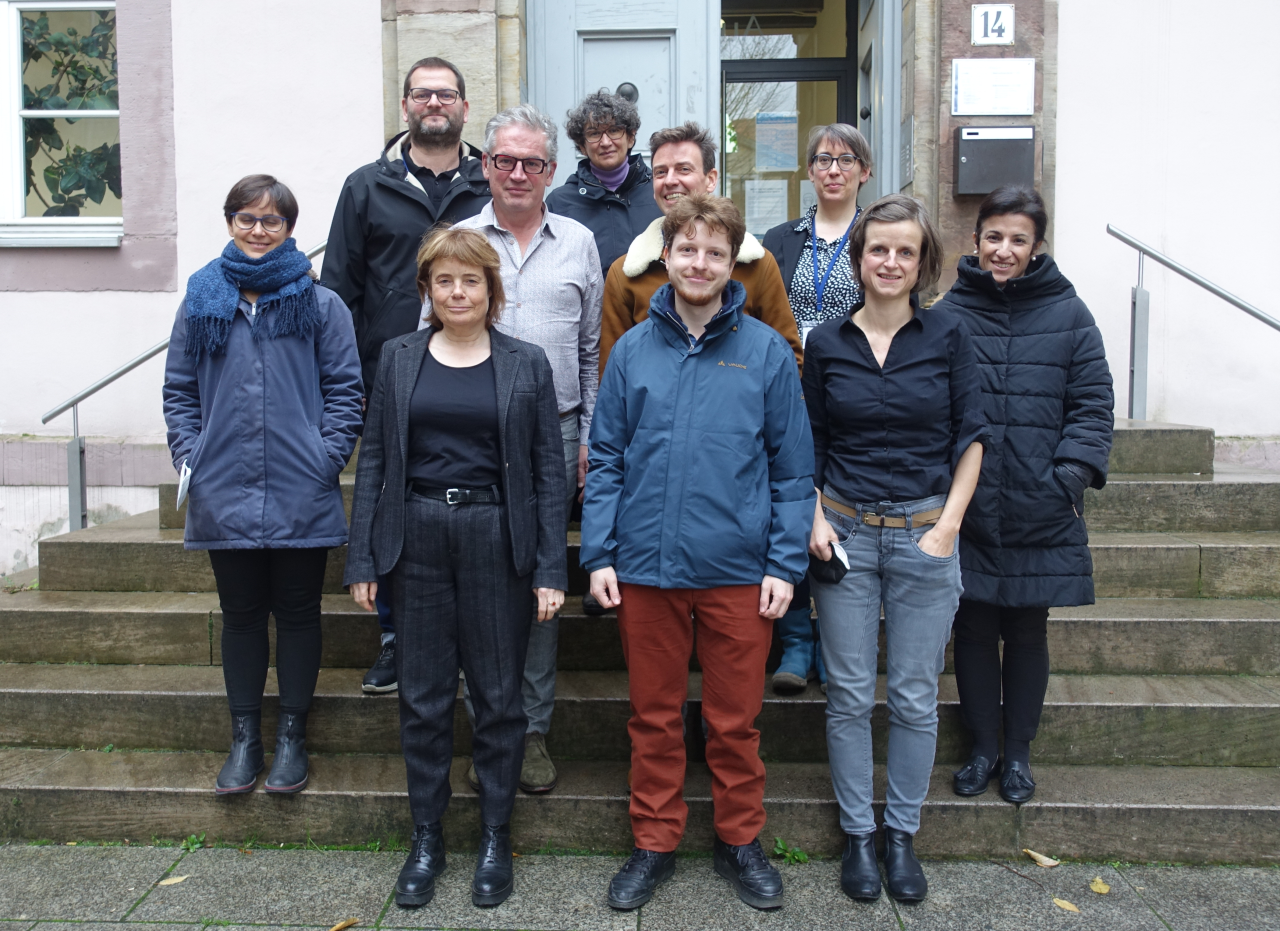What shapes, hinders or fosters belonging, participation and wellbeing in the context of diversifying and ageing European cities? How can an intersectional perspective be further developed in research on urban ageing and which policy implications follow from this? An international consortium discussed these questions in a workshop hosted by Göttingen Diversity Research Institute on 19 November 2021.
In her opening greetings, Prof. Dr. Hiltraud Casper-Hehne (Central Representative for International Affairs at the University of Göttingen) emphasized the timeliness and societal relevance of the consortium and its important contribution to the European University ENLIGHT. This was followed by a presentation by Prof. Dr. Jonas Stier (Mälardalen University) on “The homogenization and exclusion of older people – biases and discourse”. Based on the case of Sweden, he pointed out the importance of systematically taking into account the heterogeneity of ageing and highlighted how practices of digitization currently reconfigure processes of inclusion and exclusion of the older population. In the second part of the workshop, the consortium discussed both methodological questions as well as innovative concepts for knowledge transfer.
The interdisciplinary consortium is led by Prof. Dr. Andrea D. Bührmann (University of Göttingen) and brings together renowned experts from the universities of Bratislava, Crete, Ghent, Göttingen and Groningen. The group is developing an intersectional, multi-level and transformative research approach to processes of urban belonging in an ageing Europe.
The workshop was part of the project “Equity under pressure. Transformations of urban belonging in an ageing Europe” (funded by DAAD ENLIGHT TRANSFORM).
Members of the consortium. Upper row (from left to right): Andrej Findor, Sofia Triliva; middle row: Julia Martínez-Ariño, Piet Bracke, Alexis Dewaele, Elena Futter-Buck, Theano Kokkinaki; lower row: Andrea D. Bührmann, Daniel Schumann, Doreen Müller. © Annika Hack.

